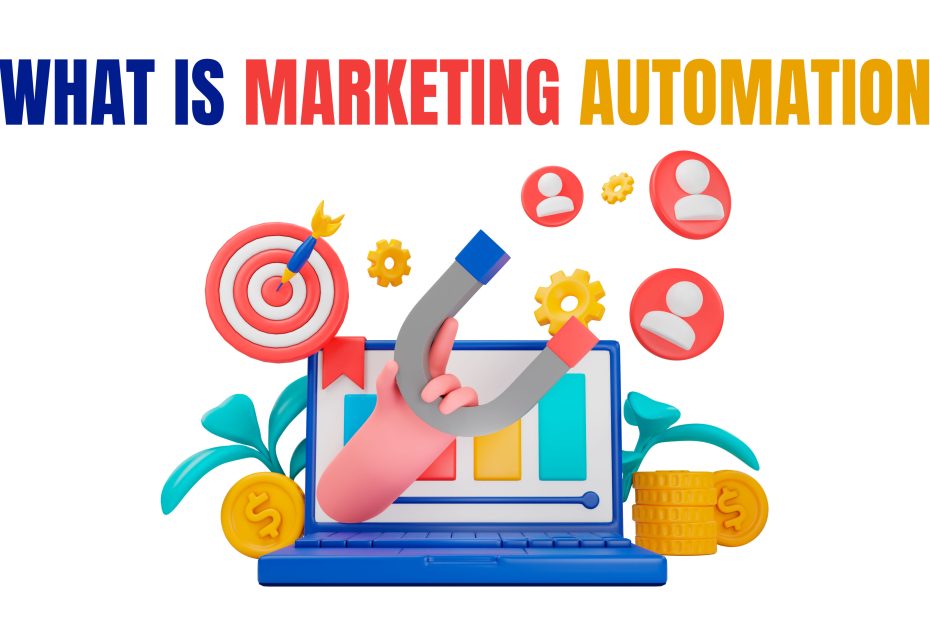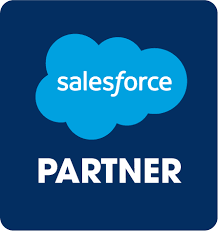Marketing automation is a sophisticated technological approach that empowers businesses to streamline and optimize their marketing activities through the use of advanced software systems and tools. It involves the automation of various repetitive and time-consuming tasks, enabling marketing teams to focus on strategic planning, creativity, and overall campaign management. This article delves into the concept of marketing automation, its key components, benefits, and considerations.
Understanding Marketing Automation
At its core, marketing automation is the use of software platforms and technologies to automate and manage marketing processes and tasks. These processes include customer segmentation, lead nurturing, email marketing, social media management, campaign tracking, and more. Its systems are designed to efficiently handle complex workflows, ensuring that the right message reaches the right audience at the right time.
Key Components of Marketing Automation
Customer Segmentation:
Automation platforms allow businesses to segment their audience based on various criteria such as demographics, behavior, preferences, and purchase history. This segmentation enables highly targeted and personalized marketing campaigns.
Lead Nurturing:
Automation assists in guiding potential customers (leads) through the sales funnel by delivering relevant content and interactions at different stages of their journey. This process aims to build trust, educate leads, and eventually convert them into customers.
Email Marketing:
Automated email marketing involves creating and sending personalized email campaigns triggered by specific actions or events. This can include welcome emails, follow-ups, abandoned cart reminders, and more.
Social Media Management:
Automation tools enable scheduling, publishing, and monitoring of social media posts across various platforms. They also provide insights into engagement and audience behavior.
Campaign Tracking and Analytics:
Automation platforms offer comprehensive analytics and reporting features that allow marketers to track the performance of their campaigns, measure key metrics, and make data-driven decisions.
Join our Free Webinar
Benefits of Marketing Automation
Increased Efficiency:
Automation reduces the manual workload associated with repetitive tasks, freeing up marketers’ time to focus on strategic planning, creative content creation, and campaign optimization.
Personalization:
By leveraging customer data, marketing automation enables highly personalized and relevant interactions, enhancing customer engagement and satisfaction.
Consistency:
Automated systems ensure consistent messaging and branding across multiple channels and touchpoints, maintaining a cohesive customer experience.
Scalability:
Businesses can scale their marketing efforts more effectively by automating processes, making it easier to manage larger customer bases and expand into new markets.
Lead Generation and Conversion:
Automation aids in identifying and nurturing leads, improving the likelihood of converting them into paying customers.
Considerations and Challenges
Data Quality: Automation relies on accurate and up-to-date customer data. Inaccurate or outdated information can lead to ineffective targeting and communication.
Content Quality: While automation can distribute content, the quality and relevance of that content remain crucial. Successful automation requires well-crafted, valuable content.
Over-Automation: Excessive automation without a human touch can lead to a loss of authenticity and personal connection, potentially alienating customers.
Integration: Implementing a marketing automation system may require integration with existing CRM systems, databases, and other tools, which can be complex and time-consuming.
Conclusion
Marketing automation is a powerful tool that empowers businesses to optimize their marketing efforts, improve efficiency, and deliver personalized experiences to customers. By automating routine tasks and processes, marketers can focus on strategic initiatives that drive growth and engagement. However, successful marketing automation requires careful planning, data management, content strategy, and a balance between automation and human interaction. As technology continues to advance, marketing automation will play an increasingly central role in modern marketing strategies.





